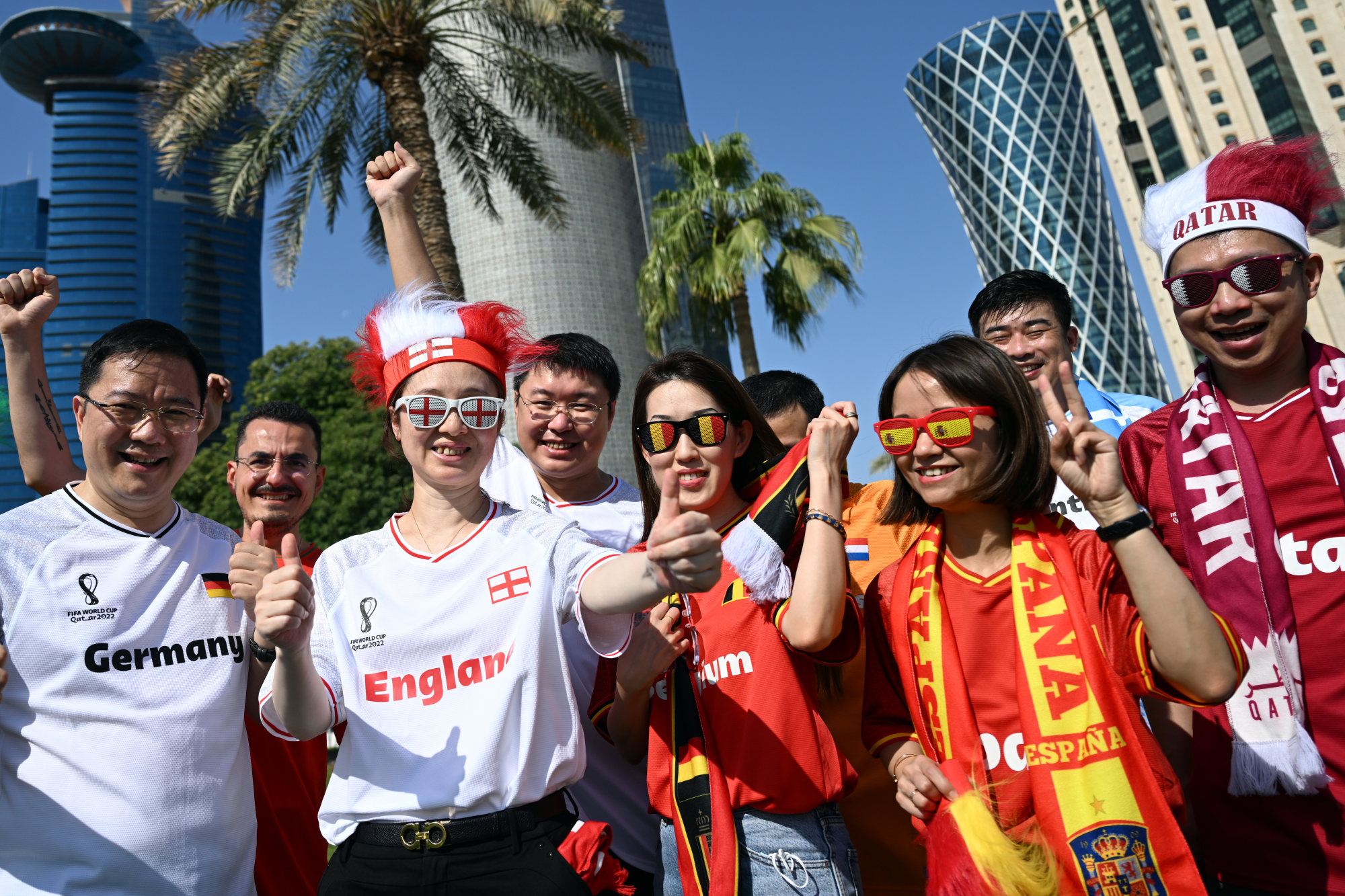
Why China aren’t at Fifa World Cup 2022 – and what could boost their chances in future
- It is 20 years since China’s national team last qualified for the men’s World Cup, and on recent evidence it is a long way from doing so again
- Research into what helps countries succeed in international football suggests some factors are not in China’s favour, but others can be changed at policy level
In the year that China last qualified for a World Cup, 2002, one of us published a paper that identified economic, demographic, cultural and climatic factors which influenced international football performance.
It found that economic wealth was important but only to a certain degree. The Mediterranean climate is also ideal for football, while a country’s population size did not matter unless it had a significant proportion of people of Latin cultural origin, because of football being seen as a pathway to status and wealth in such countries.
Some 20 years on, we revisited our previous study and found that much of the research was just as relevant two decades on, suggesting the fundamentals of what makes a country good at football have not changed, and that China has unfortunately still not been able to address these issues.

Looking at Fifa’s world rankings to gauge performance shows 18 of the top 20 are represented in this year’s World Cup. The list also reveals that 13 national teams from the top 20 in 2001 remain in 2022’s list.
Of the top 20, five are from South America, 12 from Europe, and one each from Asia, Africa and North America. The fact that Asia and Africa combined are home to 77 per cent of the world’s population but have only two teams represented shows China’s predicament is shared by many others.
But the dominance of the same countries suggests culture plays a very significant role. Our study 20 years ago highlighted that only two World Cup winners, Germany and England, did not have Roman Catholicism as the dominant religion, or speak a romance language. This has not changed in any of the four World Cups held since then.
It is also interesting to note that all eight countries to have won a World Cup share a border (or close sea border in the case of England) with another winner.
Using more recent data through our 2002 model, we found the factors affecting international performance had not changed significantly: wealth, climate and the Latin culture effect are still important.
But new information did emerge which indicated culture was a key reason behind China’s situation. In particular, we found that data from the World Values Survey was significant: it suggested Chinese people typically placed notably more importance on work than leisure, compared with World Cup-winning countries.
The findings explain the position of China in the Fifa rankings rather well.
The average income of the 32 competing countries at the Qatar World Cup is about US$31,000, whereas China’s is about US$12,000. The African teams have an average income of less than US$3,500, but most countries from Europe and North America have incomes higher than the world average.
China’s performance should improve as its wealth increases, representing the resources a country can allocate to sports.
Wealth can also be related to membership of sports organisations – an indicator of the interest and how seriously it is taken. This was a very significant variable in our model. In China, membership of such organisations is among the lowest in the world, according to the most recent World Values Survey.
A strong domestic professional league also determines a national team’s performance, our analysis showed. It is not surprising that England, Spain and Italy are regulars in the World Cup given the popularity of the English Premier League, La Liga and Serie A.
China has its Super League, but it hardly matches the quality and vibrancy of the football powerhouses. Guangzhou Evergrande, two-time winners of the Asian Champions League, have been unable to sustain their success and are facing severe financial difficulties, along with many other Chinese clubs.
Weibo hails China’s Women’s World Cup bid – ‘less humiliating than men’s football’
At the heart of the problem is perhaps the lower importance the Chinese place on leisure. In the values survey, the Chinese ranked among the lowest. It also showed that “working hard” was considered an important quality in children – supporting the common suggestion that most Chinese children are too overburdened with studying to be involved in playing football.
However, recent Chinese policies, such as increasing the number of football fields, aiming to strengthen local leagues and increasing children’s leisure time by limiting after-school academic activities, can all help.
There is still hope for China, but give it a couple of decades.
Bala Ramasamy is a Professor of Economics at China Europe International Business School; Matthew Yeung is an Associate Professor at Lee Shau Kee School of Business and Administration; Cameron Wilson is the founding editor of Wild East Football.

